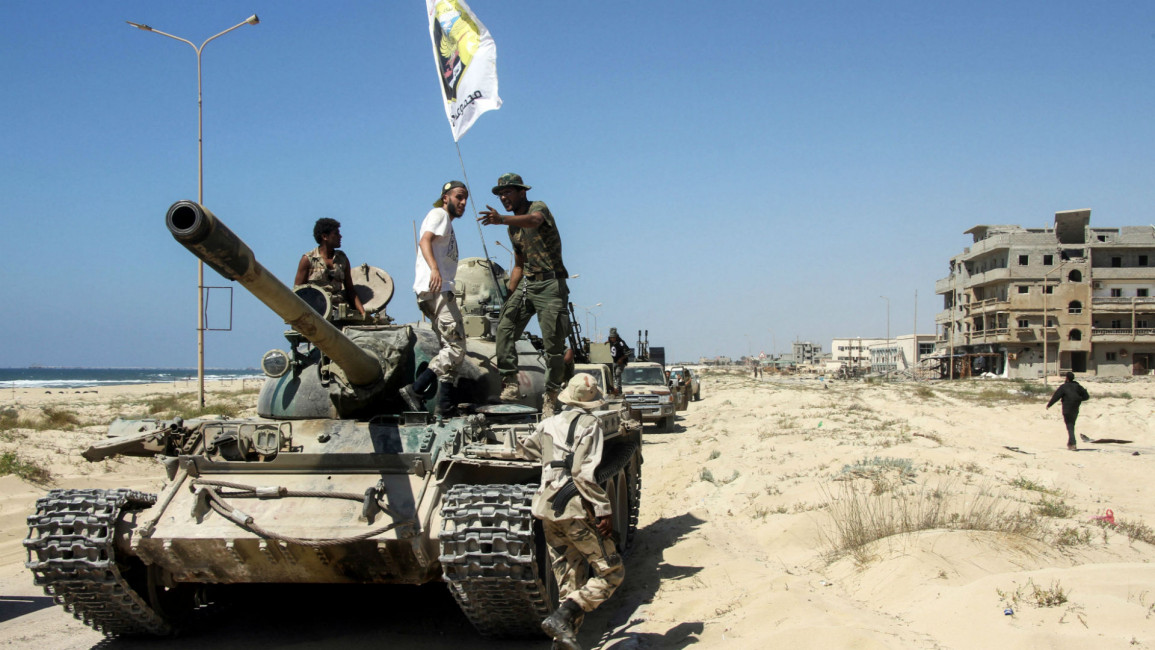ICC renews call for Haftar-linked Libyan commander's arrest
The International Criminal Court on Wednesday renewed its calls for the arrest of a Libyan military officer suspected of executing 33 detainees in the war-torn city of Benghazi.
International judges in August issued a war crimes arrest warrant against Mahmoud al-Werfalli, a commander in the Special Forces of the Libyan National Army (LNA) loyal to Field Marshal Khalifa Haftar.
He is suspected of being behind a string of killings earlier this year in the city of Benghazi, with victims' bodies found in garbage dumps with bound hands and gunshots to the head.
Days after the warrant was issued, the Libyan National Army (LNA) said it had detained Mahmoud al-Werfalli.
International Criminal Court Prosecutor Fatou Bensouda said on Wednesday, however, that she had received reports that he remains at large "and may have been involved in additional killings since the ICC warrant of arrest was issued."
Al-Werfalli "stands accused of serious crimes. I therefore again call on Libya to take all possible steps to immediately arrest and surrender him to the ICC," Bensouda said.
The latest appeal by the ICC highlights the problems faced by the court, which has no police force of its own, in bringing suspects to justice in war-torn Libya.
The court has filed charges against five Libyans but none of them have been arrested and sent to The Hague to face justice.
The ICC is still in a legal tug-of-war with Libyan authorities to transfer toppled dictator Moammar Gaddafi's son, Seif al-Islam, to The Hague.
The ICC and Libyan authorities are disputing who has the right to judge him.
The ICC, set up to investigate and prosecute the world's worst crimes, opened its probe into Libya in March 2011 to investigate atrocities committed during the uprising against Gaddafi, which erupted a month earlier.



